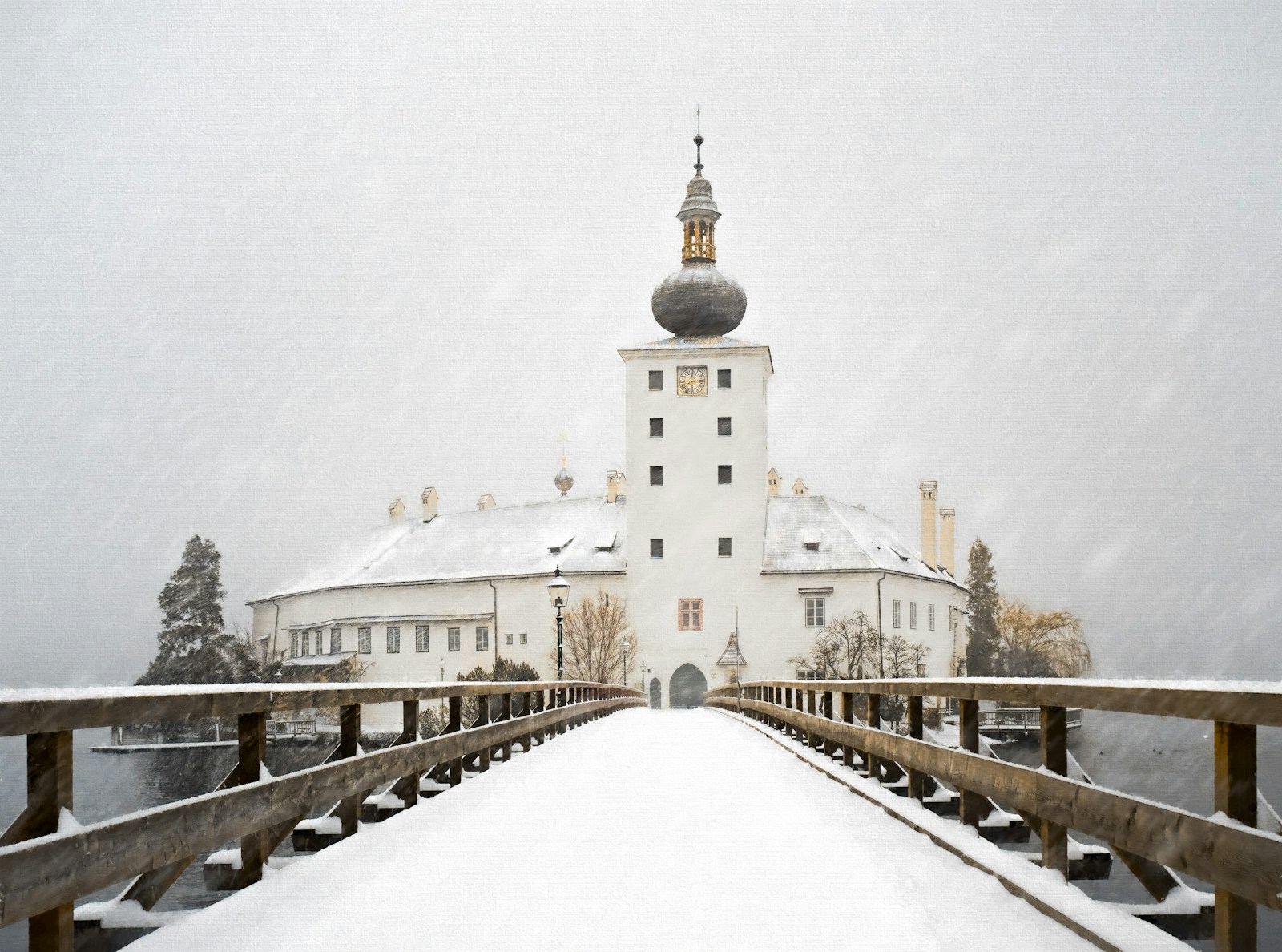
irse de puente

leave the bridge
'Irse de puente' is a Spanish phrase which does not translate directly to 'leave the bridge'. Instead, it refers to taking a long weekend or a mini-vacation, especially when a holiday falls near the weekend. This phrase is commonly used in Spain and some parts of Latin America. It's derived from the literal meaning of 'puente' which is 'bridge'. In this context, however, 'puente' means bridging the gap between a public holiday and a weekend, in order to create a longer period of rest.
Example sentences using: irse de puente
Este fin de semana, vamos a irnos de puente a la montaña.

This weekend, we are going to go away for the long weekend to the mountains.
The phrase 'irse de puente' is a colloquial Spanish term referring to taking advantage of a public holiday that falls close to the weekend. In this context, it means to leave for a long weekend to the mountains.
Ellos se fueron de puente a la playa el mes pasado.

They went away for the long weekend to the beach last month.
'Irse de puente' in this example is used to denote past time indicating that they took a long weekend off to the beach last month bridging the public holiday with the weekend.
Cuando pueda, me voy a ir de puente a visitar a mis padres.

When I can, I'm going to take a long weekend to visit my parents.
'Irse de puente' here is used in a future tense context. The speaker plans to take a bridge holiday or a long weekend to visit his or her parents when possible.